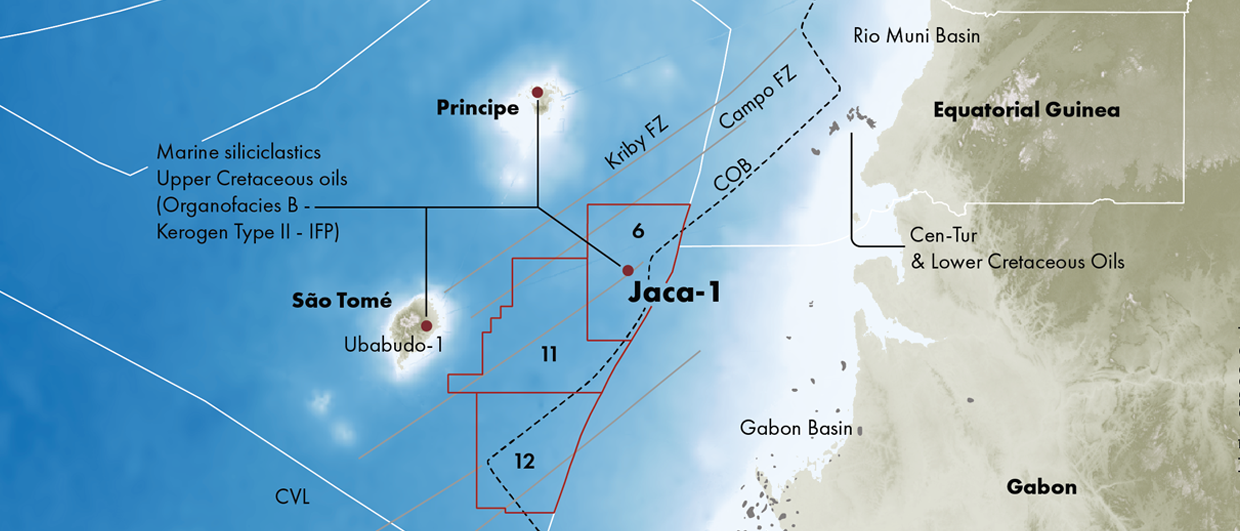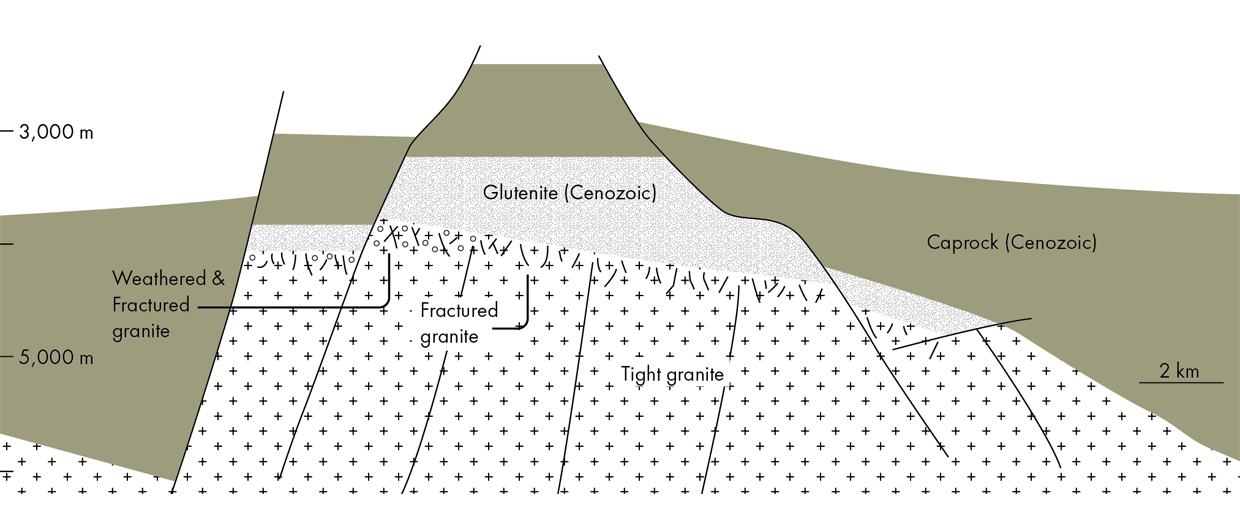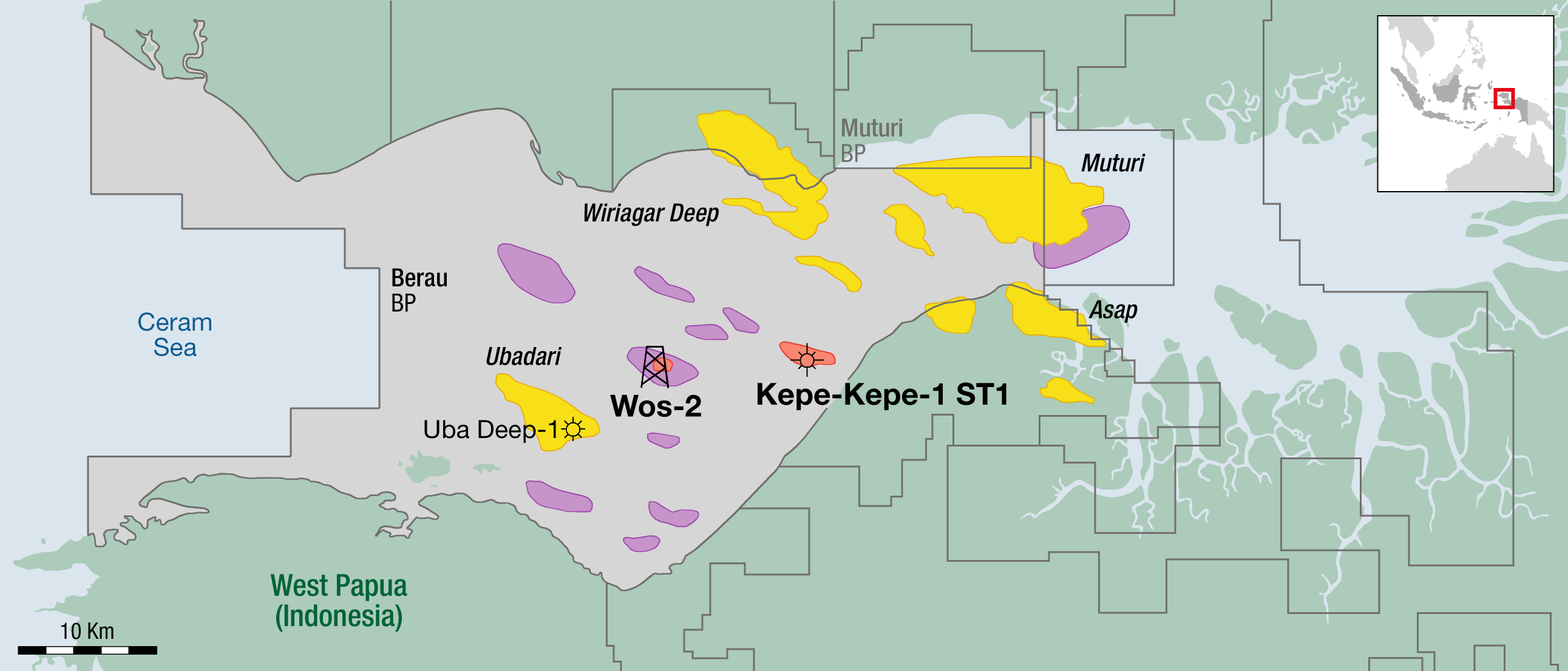In August, Cheiron announced the discovery of a 165 feet oil column in pre-Miocene Nubia Formation sandstones in exploration well GNN-11. The well was drilled into a fault block to the east of the GNN oil field. According to the operator, it was the first time that the Nubia Formation was proven hydrocarbon-bearing in the area – production from the GNN field takes place from the Lower Miocene Nukhul Formation.
We asked if Cheiron was able to share a seismic line with us, illustrating the geological setting of this recent find. Unfortunately, we did not hear back from them. The nearest seismic data we could get instead was from the Red Sea, which is a different setting altogether, so for this article we have re-drawn a cross-section that was published by Jan Pieter van Dijk in a 2019 paper entitled “Hydrocarbon Exploration and Production Potential of the Gulf of Suez Basin in the Framework of a New Tectonostratigraphic Model.”
Even though the location of the section is about 20 kilometers to the northwest of the GNN field area, if the geological setting is somewhat comparable, it can be concluded that the Nubia Sandstone Formation may not have been that much deeper than the Nukhul sands itself and could, in fact, be directly underlying the Nukhul reservoir. The well may have been drilled in an area where either the Nukhul was missing due to erosion or faulting, or the proven column extended into the underlying Nubian sands.
In order to plan the well in this area, the quality of seismic data must have improved significantly over the past decades. A person with knowledge on the matter told us: “Getting decent imaging through the (Miocene) Zeit evaporites has always been a challenge, as previously one could never see what you were drilling for. I had to drill a well on PSTM 2D data in the Gulf of Suez in the mid 1990’s and we just drilled into “the least bad seismic.” The well was a duster, which is no surprise!”
The Nubia discovery in the GNN area has confirmed the exploration potential of the mature Gulf of Suez and Cheiron and partner Kufpec are now planning on drilling at least three more wells in the concession area.





